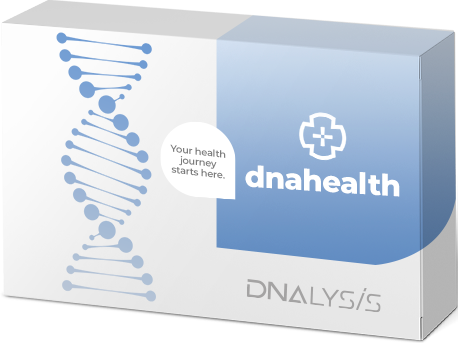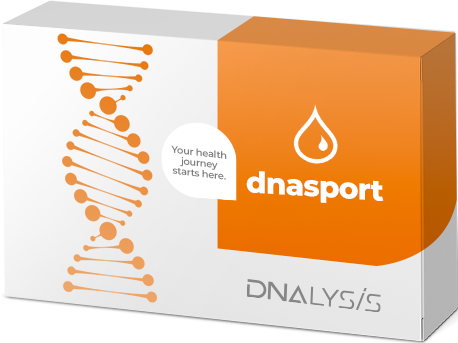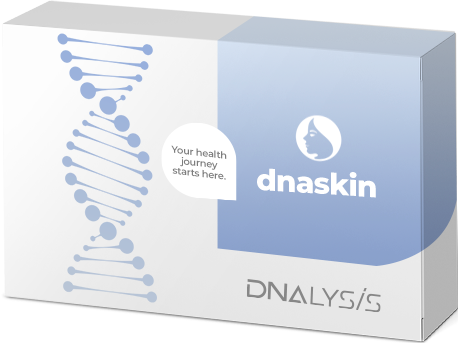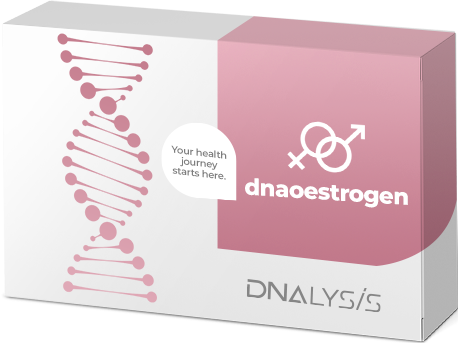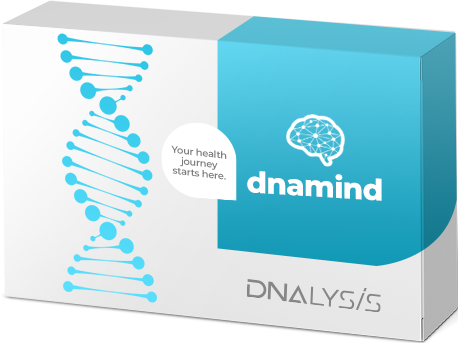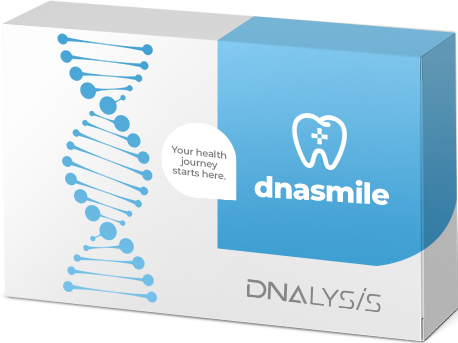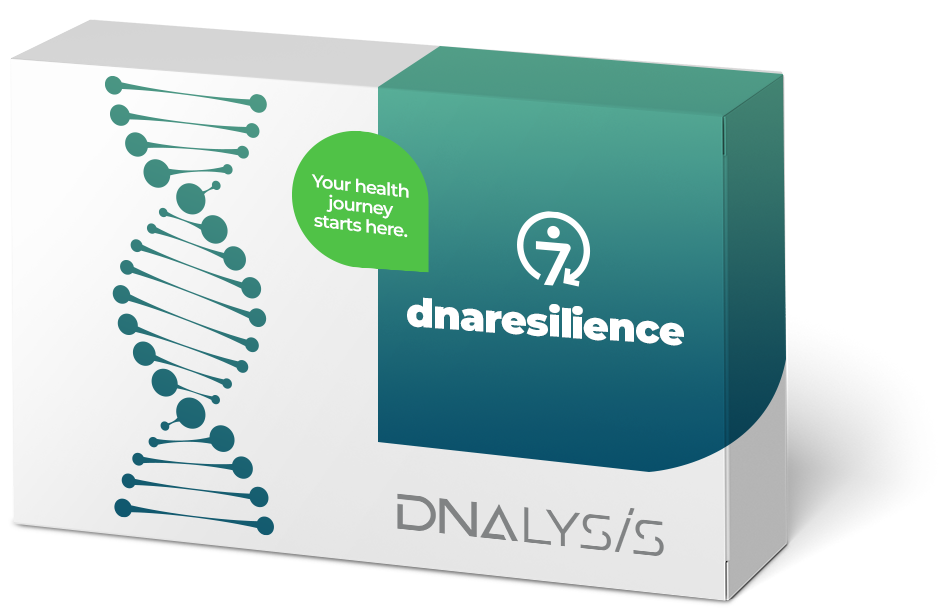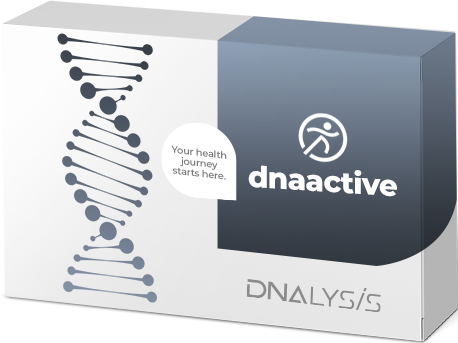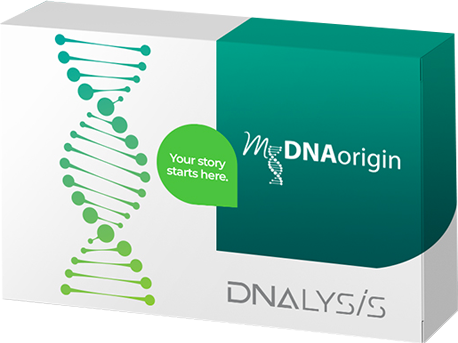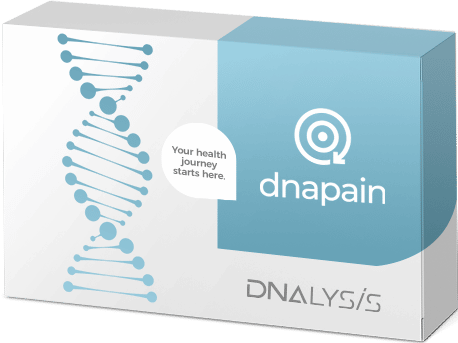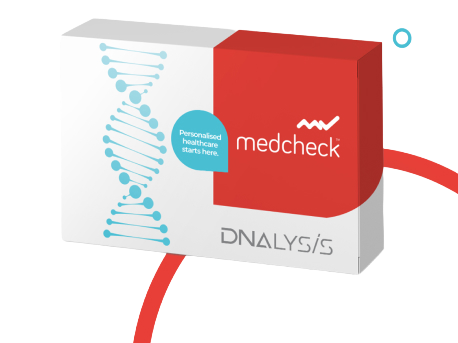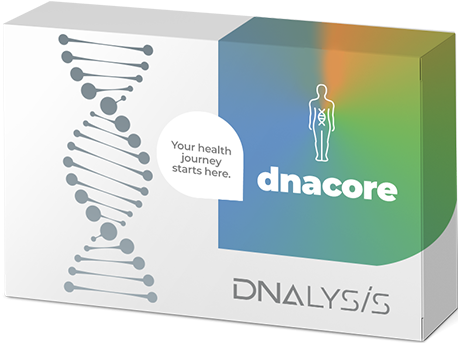Did you know that snacking is highly heritable, which means that the gene variants that you carry may increase your appetite, making weight loss more of a challenge.
Like it or not, it’s been found that certain genes may increase your predisposition toward feelings of hunger and having a greater appetite, making weight loss more of a challenge for those who carry the variant copies.
These ‘hungry’ culprits include MC4R and DRD2, although there are other genes that relate to appetite and eating behaviours too.
Melanocortin-4 Receptor gene (MC4R) is expressed in the hypothalamus and helps to balance and regulate food intake. Studies have shown that individuals with variant copies of this gene may be more affected by certain hormones that link to hunger versus satiety prompts, hence affecting appetite control.
In addition, midbrain dopamine circuits also contribute toward food addiction and overeating tendencies, as they are involved in reward processing, particularly signalling via dopamine receptor 2 (DRD2). Depending on gene variations, dopamine producing pathways may be upregulated or downregulated, which can affect eating behaviours.
The good news is that the expression of these genes can be modified by taking action with personalised diet, lifestyle and exercise recommendations. For starters, one can avoid activating these reward pathways in the brain by avoiding high sugar foods and practicing mindful eating.
Aiming for regular meals, balancing sugar levels and including more protein and fibre in the diet to keep you fuller for longer are some of the strategies discussed by our practitioners.
Find out more for yourself. Take the DNA Core test today!

